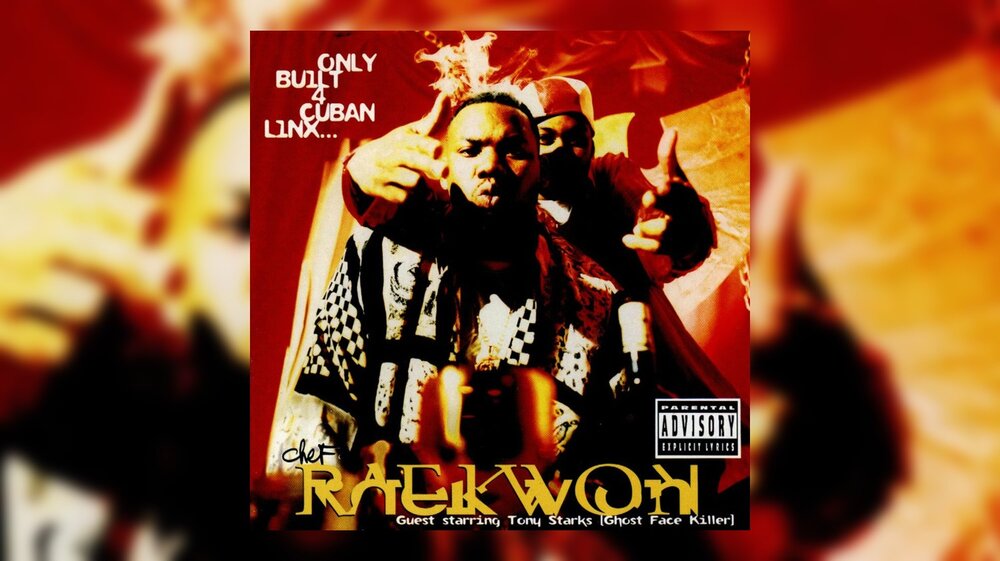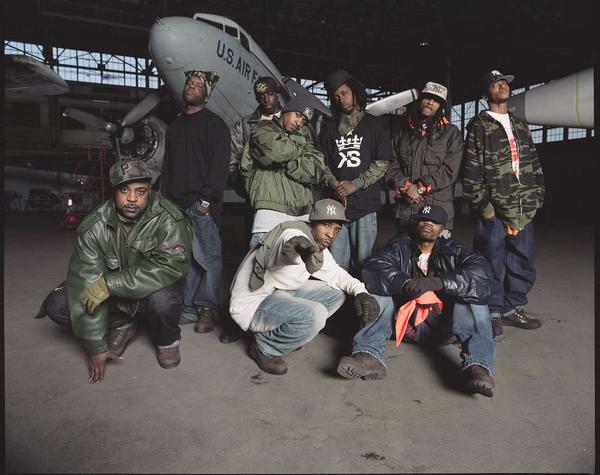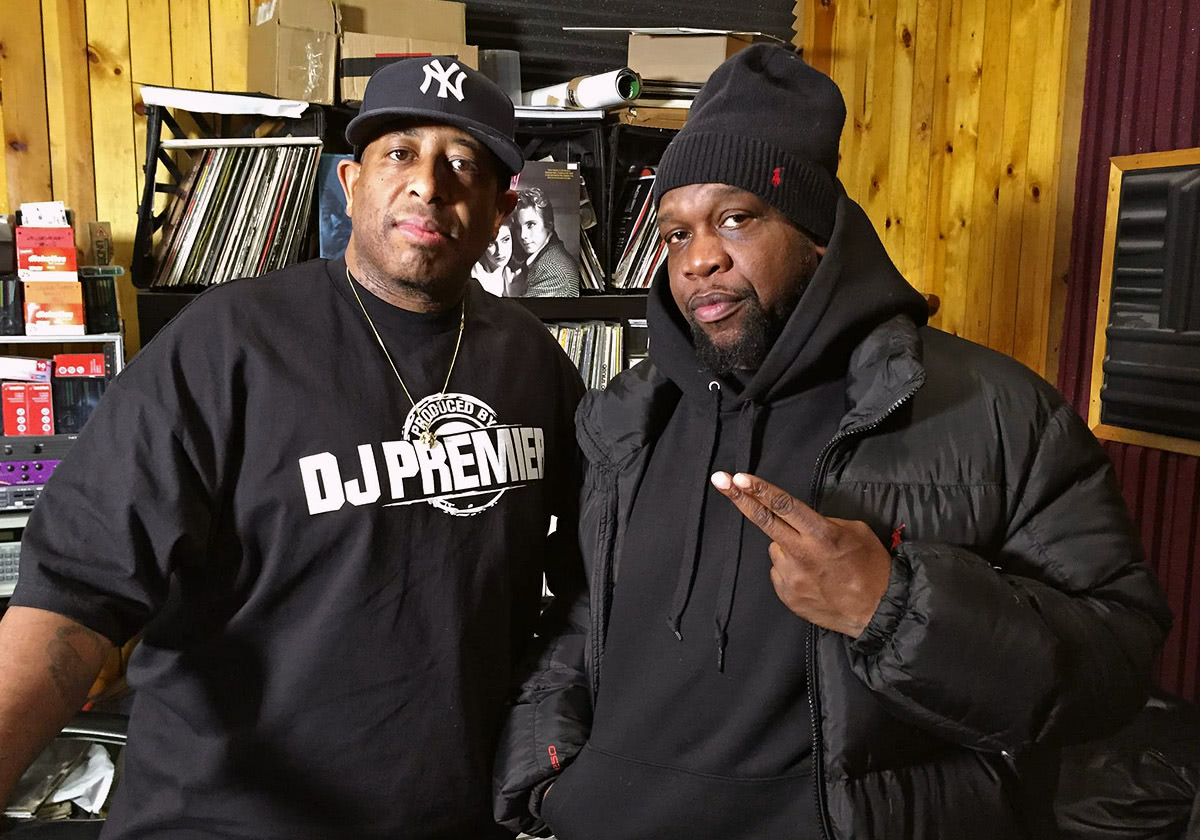It’s hard to believe that 20 years have passed since The Fugees dropped their second album, The Score. The project was the antithesis of a sophomore slump.
Their first effort, Blunted on Reality, which was released on the Columbia imprint Ruff House in 1994, was an ambitious attempt to address a bloating malfunction in the increasingly fragile societal dynamics of race and other forms of division.
Despite not making any severe commercial ripples, Blunted on Reality informed the intelligent, conscious faction of Hip Hop’s fan base that it was imperative to pay attention to this trio from North Jersey.
I recall being impressed with Lauren Hill on Vocab. And when Wyclef channeled Louis Armstrong on Nappy Heads, which was rocking both the gritty streets and the upwardly mobile Persaud Brothers-talented-tenth party scene in NYC with equal hypnosis at the time, The Fugees already had my money in the bank whenever they dropped their next project.
And by 1996, with the East Coast fully recovered from the G-Funk West Coast Gangsta Rap knockout blow that had previously had it on its knees, no one was quite ready for what the Fugees had in store.
With the Wu collective, headlined by Raekwon’s massive Only Built 4 Cuban Linx masterpiece, Tupac, De La Soul, Jay Z, Tribe, Jeru The Damaja, Redman, Nas, The Roots, Busta, M.O.P., Lord Finesse, The Lost Boyz, Poor Righteous Teachers, Keith Murray, Blahzay Blahzay and a host of others on a crowded scene pumping out some epic music, the Fugees came through like Buster Douglass when he stepped into the ring with Mike Tyson in Japan
Not many outside of hard core Hip Hop heads knew who they were, but by the time the first bars of The Score hit the block, it was a wrap.

Lauryn Hill was just 21 years old at the time, a brilliant creative artist who dipped out on an Ivy League education at Columbia University to bless the world with her musical majesty. Through her captivating and arresting voice, we mentally swallowed the album’s gumbo-like mixture of thumping sound and songbird lyrics that could shake a club to the ground while being intelligently thuggish and morally conscious simultaneously.
The instrumentation is a work of incandescence that still astounds today, with beats that are funky enough to make James Brown cut a rug, and soulful enough to make me remember the joys of listening to my father’s cherished Curtis Mayfield masterpieces.
Wyclef, Pras and Lauren weren’t simply reciting alphabet rhymes over hot, nuanced and textured beats, they were telling stories that grabbed your heart, that made you ponder who you really were when you stood alone. There was a sense of melodic militancy that touched you in ways that a Hip Hop album never had before.
And man-oh-manichewitz, did Lauren induce butterflies with her outer beauty and inner blend of ghetto princess sensibilities and academic forcefulness.
The Score crossed over to other continents as well because the power of the work was accessible to everyone, from Haiti to Hattiesburg to Honduras. It’s an international force of nature that became one of the most important albums in the history of modern music.
On “Ready or Not”, when I first heard Lauren blast off with, “So while you’re imitating Al Capone, Ill be Nina Simone, and defecating on your microphone, I damn near dropped my preferred 40-ounce beverage at the time.
Cats were out here mentally trapped in their ghetto Al Capone fantasies, despite the fact that many of them were still riding the train, and she blasted her way through that circumference of foolishness to let everybody know that a real artist was now in residency. My goodness gracious, no matter how many times I hear that verse, it still gives me goose pimples.
As someone with a decadent appreciation for Teena Marie’s “Ooo La La La“, “Fu-Gee-La” punched me all up in the chest, especially when Wyclef and Lauryn tag-teamed on the following lyric, “Stevie Wonder sees crack babies, becoming enemies of their own families.”
The drug game was destroying our inner city family units and communities, and the pain that was connected by those simple syllables touched every person who ever heard it, because not one single American family has been immune to the insidious disease of addiction.
Killing Me Softly reminded the current and informed the future generations of just how phenomenal Roberta Flack was. The cut stands the test as perhaps the greatest Hip Hop cover of any classic track from another era.
What made The Fugees and The Score so unique was that the testosterone-dominated Hip Hop genre had never before seen a mixed-sex collective where the female was not only center stage, but whose subtle, yet gymnastical lyricism could match up with any elite rapper throughout history.
And the production was so ill, with elements that stretched the gamut from Manu Dibango to A Tribe Called Quest to Michael Jackson to The Delfonics to Kraftwerk and many more in between.
They weren’t simply rapping about the hood or the projects, their message and concern was for the global community. The Score is simply one of the greatest albums ever, a celebratory work of art that remains plaintive and doleful, yet powerful and hopeful.
And 20 years later, it’s still every bit an encapsulating musical masterpiece that represents a profound era of creativity and breakthrough in R&B, Hip Hop and Soul.



